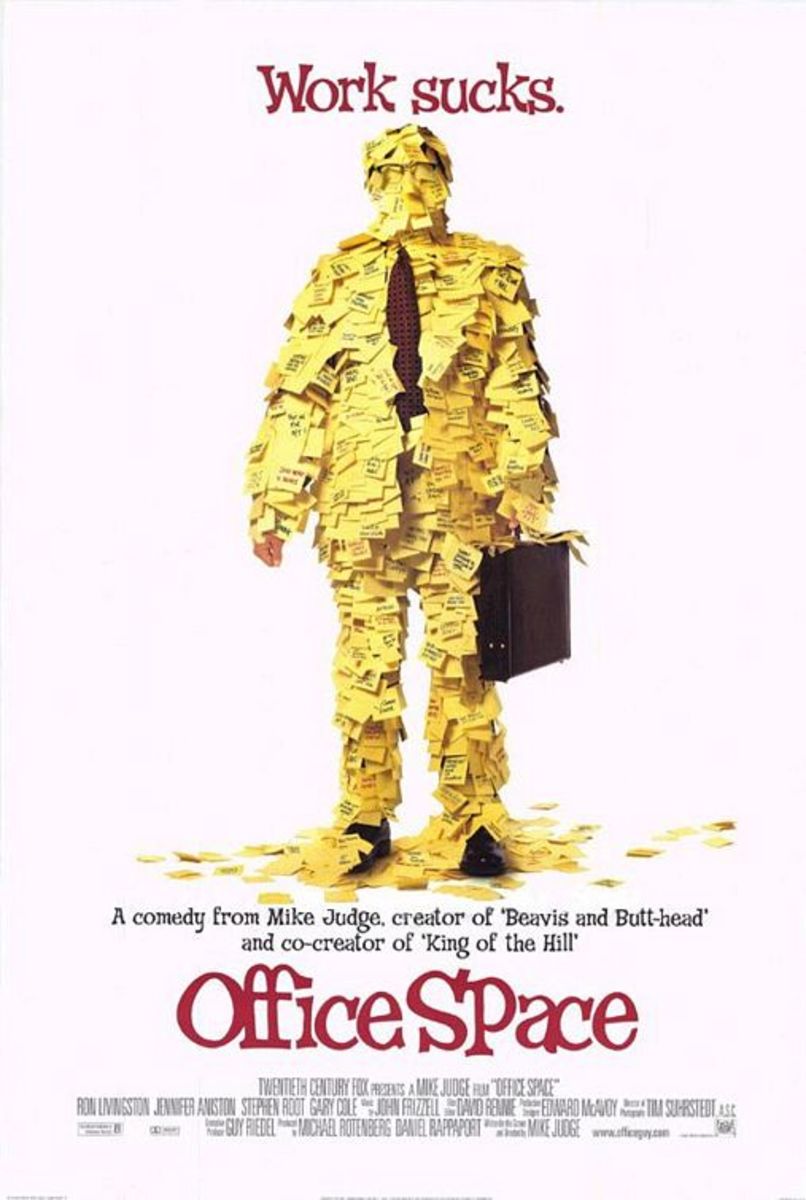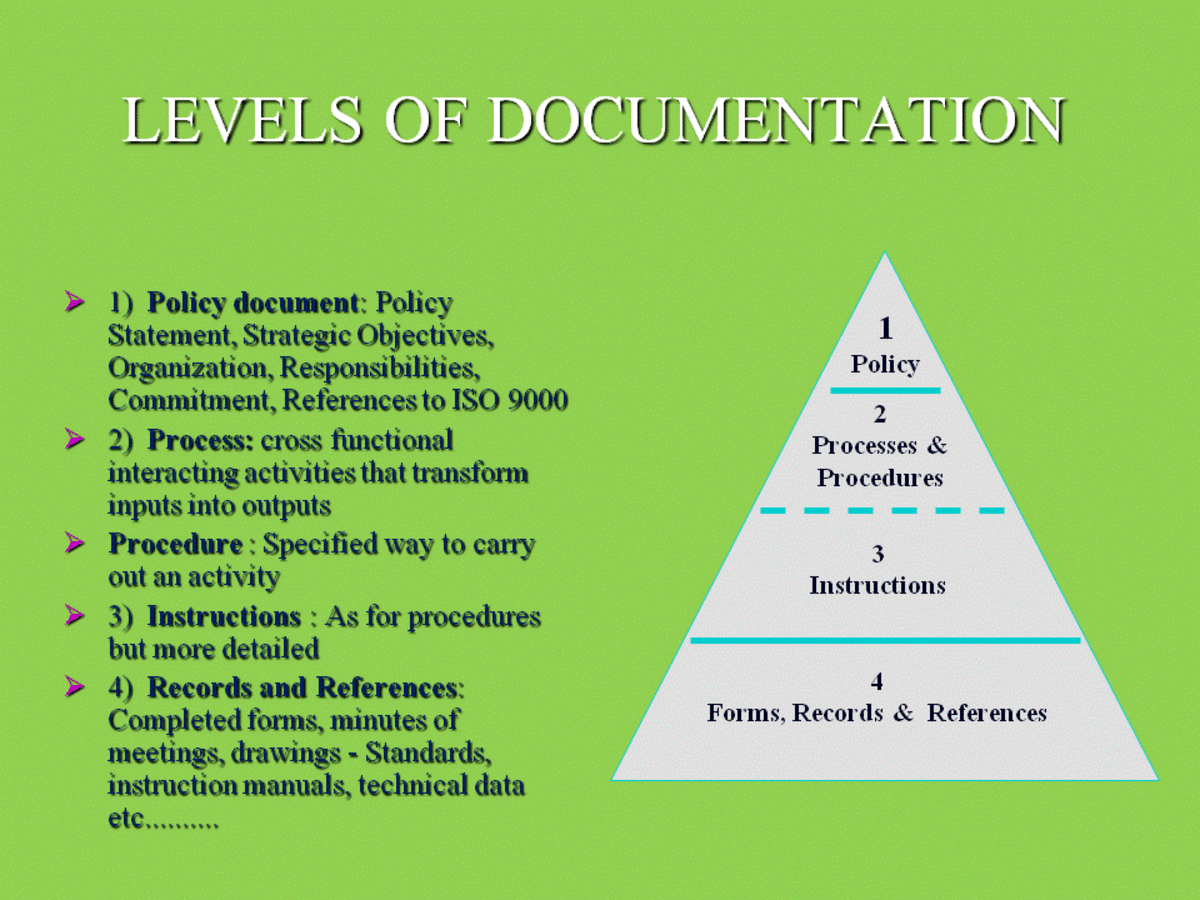How Budgetary Control Facilitates Organizational Sustainability
Budgetary control is a system of business management where financial value is applied for every forecast activity in the business. In other words, budgetary control is the process used to come up with a spending plan and comparing it with actual expenditures against such a plan in determining its (spending plan) efficacy or if there is a need for adjustment. In budget control, actual performances are compared with estimates. Budgetary control is an integral element for an organization as it helps in controlling expenditures as well as meeting specific financial objectives. Apart from being used in organizations, budget control is also used by governments and individuals to manage their spending activities in ensuring that they operate or live within their means.
In most successful businesses, planning is the most essential role. The planning aspect in many organizations is dependent on various factors. Planning is undertaken to compare the real performance with the standard performance of an entity. The main reason for preparing a budget is to check finance availability as per the demand of the project. In essence, a budget is prepared for the purpose of cost control and profit maximization.
Using the budget as the basis, business operations can then be undertaken effectively. In most cases, the budget can be compared by accountants or finance officers with real expenditures and any discrepancies are noted down. For instance, in constructing a bridge, the cost of materials might go up beyond the amount accounted for in the initial budget, thus resulting into a cost overrun. On the other hand, an organization might find itself saving money on other projects in the case costs appear to be less than originally anticipated in the initial budget. All the variations are scrutinized and discussed. If they become too much to bear, the company involved will need to undertake measures of budgetary control in aligning the situation.
Budgetary control as part of the overall organization control
Budgetary control is part of the general control in an organization performance and is among the most crucial instruments employed for the purpose of planning, coordinating and managing organization performance. Many organizations use this tool in achieving financial control in their specific firms. They also use it in comparing the real result for a specific time span with the budgeted outcomes. Any variations are noted, and corrective measures are considered in ensuring that the actual operations do not deviate from the initial budget plan. Many successful companies in the world today can base their successes through an effective budget control measures. It should also be noted that a part from being a financial controller, budgets are also prepared for the purpose of planning and the overall process of strategic planning in an organization.
Organizations also consider budget control as a quantitative plan for the management’s perceptions regarding how the expenses and revenues will be in a specific period. It should be taken into consideration that budgets do not exist in a vacuum, rather , they are considered by many organizations to be an integral element in their planning framework. Budgetary control consists of planning, coordinating controlling, and motivating by way of monetary values and departments existing within a particular organization.
Budgetary control is responsible for operationalization of company strategy, facilitating evaluations in strategy and allocation of resources. Other roles of budgetary control includes: communication and coordination, creation of strategies and learning, and evaluation of performance and motivation through reward systems that are based on budgeting.
These significant roles of budgets offer a great deal of assistance to organizational leaders in positioning their firms well in the market. This increases their market share and attracting investors since it gives the company’s financial plan for a specific time frame. The most essential element of a budget is that it is a plan and not a forecast. In this time of the changing and dynamic business contexts, the essentiality of budget control in organization’s strategy cannot be overstated. This is because if seriously considered, budget control can help an organization to grow and improve its performance to a large extent.
With regard to its external aspects, it identifies the significance of the business shareholders in the operations of the businesses. Budget control is not only essential for business leaders in planning for the organization’s financial future, but it can also be of assistance to shareholders in assessing the business in various ways. The budget process should be understood as a guide to future action instead of being considered as a rigid plan which should be adhered to, irrespective of the circumstances or situation which the business finds itself in.
Presently, business organizations encounter many uncertainties, which necessitate business leaders and stakeholders to be adequately prepared and balanced in this increasingly changing and dynamic environment. As a means of thriving in these uncertainties and environmental complexities, there is a need for business leaders and the stakeholders to employ proven and reliable instruments in predicting important changes that may influence the business performance in one way or another. Ross (2010) explains that successful organizations have relied on budgetary control as an effective tool in controlling performance in an organization. According to this author, budgetary control also assists the organizational management in their role of management as well as enhancing positive organizational performance in any economical circumstance in various ways. Budgetary control acts as a significant tool when it is incorporated in the organization’s integral strategic analysis. On the aspect of communication, budgets are also essential in this perspective. This is because they relay information to each stakeholder in the organization on what require to be done for the business to achieve particular goals. Communication is an important element in the general process of budgeting. This is because the stated goals must be clear and understandable by all stakeholders. In essence, the budgeting process require one who is responsible for the whole process as well as anyone responsible for any part of it to discuss the process jointly so as to reach for the best desirable outcome.
Why Companies are increasingly Using Budget Control In their Management Strategies
Many successful companies have come to be aware that for them to compete effectively with others in this dynamic and changing business context, they have to ensure that their control systems and planning are aligned with their strategies. In this sense, many organization’s leaders take into consideration some crucial issues when allocating resources or formulating budgetary plans which may affect the business performance. These may include but not limited to, the amount of capital to be invested, the most effective strategy that can be of benefit to the firm, making of decisions with regard to the ratio of workers to machinery and so on. They also consider the issue of stakeholders since their expectations may have an impact on the organization performance as well as the budgeting process.
These and other issues are important especially when the investors regularly require the firm to deliver significant value to stakeholders. This is irrespective of the organization’s long-term plan in deploying financial and human resources. Many organizational leaders in various entities have come to understand that the stakeholder’s expectation do have an impact to the process of budgeting and the general organizational control in different ways. The significance of the budget to shareholders is related to their concern on the share price and future revenue, an important information for investors while making decisions related to investments. Companies use budgets to offer different financial information to shareholders, which they may require for making investment information. If such information that can help stakeholders in predicting the company share price or profit is lacking, then shareholders and investors may be skeptical about the company, thus drawing them further from the company, and the company will therefore, loose potential investors. This means that providing sufficient information to stakeholders through budget or other tools is a significant factor in attracting shareholders and investors in the company. This is why successful companies have succeeded through the provision of information in their budget.
In today’s perspective, many large entities are controlled by the fund manager, rather than a single individual (boss or CEO) managing the whole firm. This has exerted an extra pressure for organizations to seriously consider the shareholders value. They can effectively do this through budget planning and control. The change of focus in the type of management and share ownership has resulted into a more influential and active share- dealing context. This is where much focus is placed on the company’s earnings, dividends on the current year, and the share price instead of future performance. For these companies, establishment and maximization of shareholder value is an important factor in assessing the performance of a firm.
Many companies have come to rely on capital markets in the present perspective. Apparently, capital markets do influence the budget process to a great extent. In this perspective, many companies try as much as possible to establish a warm relationship with their existing or potential investors and shareholders. Realistic and reliable budgets do attract new shareholders. Additionally, a good association with investors and shareholders can present opportunities to a company in gaining a competitive edge, increasing its share price, as well as positioning itself better in the market place. In essence, capital market has influenced the preparation and implementation of budget control in the changing, dynamic business context that is also competitive in nature. Many large entities are affected by pressure from the capital market and this has made them to strive in delivering regular value to shareholders. Again, these companies are forced to make budgetary control and the necessary changes owing to the regular pressure on improving the share price.
Conclusion
It is hereby concluded that budget control is of significance to businesses and their stakeholders in various ways such as making predictions, decisions related to investments and so on. Although others may present divergent views on the effectiveness and essentiality of budget as an integral business instrument, many successful and large organizations are still relying on budget control in strategizing their planning process.
Budgetary control as an organization strategy has been found to assist organizational management in their role of management. In addition, it has enhanced positive organizational performance economically in various ways. Budgetary control acts as a significant tool when it is incorporated in the organization’s integral strategic analysis. Concerning communication, the budget is also essential in this perspective since it relays information to each stakeholder in the organization on what require to be done for the business to achieve particular goals. Communication is an important element in the process of budgeting. This is because the stated goals must be clear and understandable by all stakeholders. In essence, the budgeting process require one who is responsible for the whole process as well as anyone responsible for any part of it to discuss jointly the process so as to reach for the best outcome.
It is imperative that the aspect of planning and effective management will consequently lead to increased efficiency and revenue in any organization.








